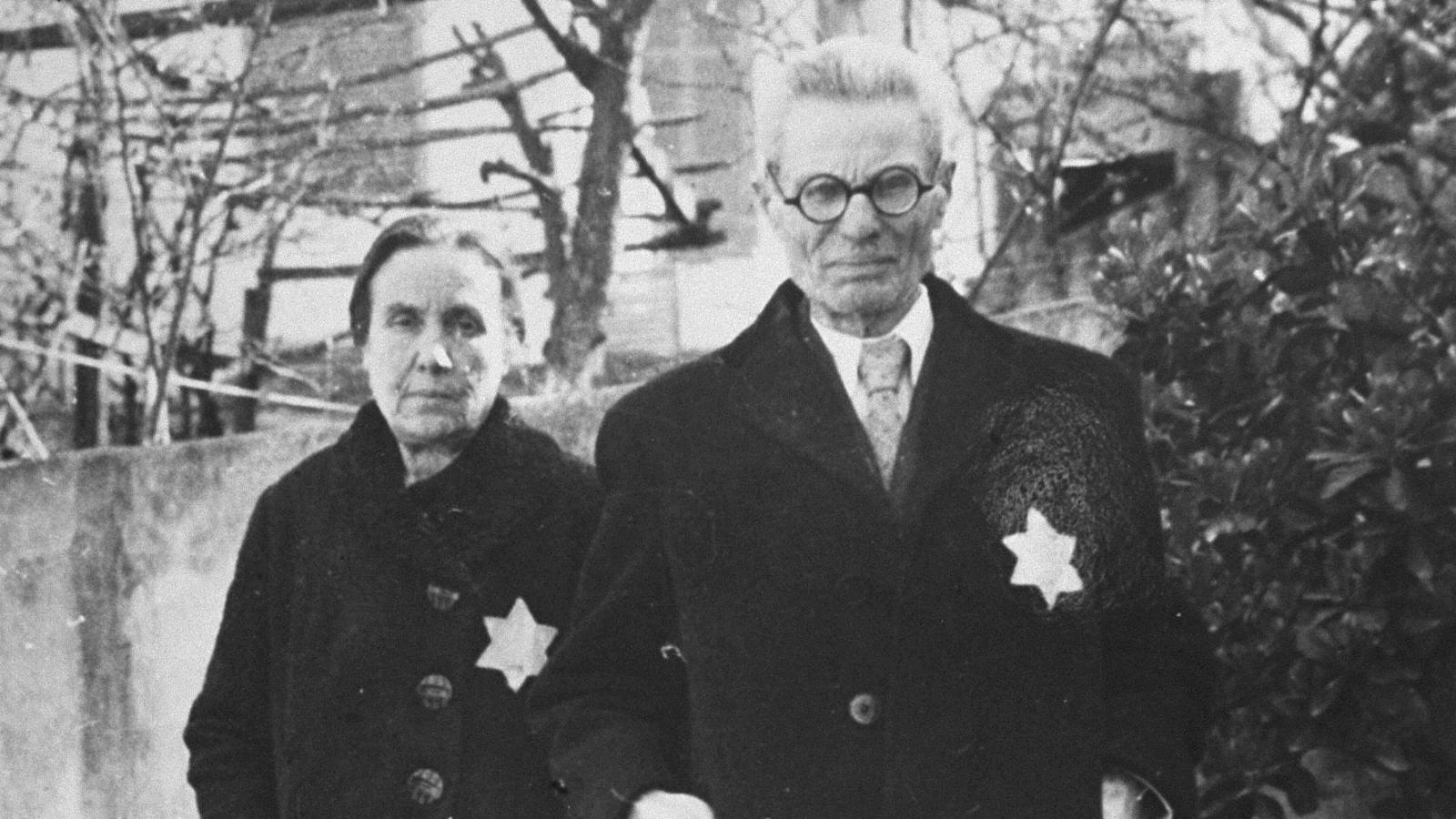We always talk about remembering in conjunction with the Holocaust. Remember the six million. The world must remember so that a holocaust can never again happen. Remember those who perished in order to honor them and give their deaths meaning.
Memory Has Brought Us This Far
It is memory that has allowed us to last through thousands of years of history. Our religion and our people are founded on the collective memory of revelation at Sinai. Scripture throughout commands us to remember: Remember the Sabbath day (Exodus 20:8), observe the Sabbath as a reminder of the Creation (Exodus 20:11) and of the Exodus (Deuteronomy 5:15); remember, continually, the Exodus; remember what the evil Amalek did
In 2025, Yom Hashoah begins the evening of Wednesday, April 23.
All those memories define us and help us keep focused on the goal of our national mission. As the Baal Shem Tov (the founder of [Hasidism]) taught, “Forgetfulness leads to exile while remembrance is the secret of redemption,” words that appropriately guard your exit from the history museum at Yad Vashem in Jerusalem.
The wall above the eternal flame in the Hall of Remembrance of the United States Holocaust Memorial Museum in Washington, DC also invokes memory. “Only guard yourself and guard your soul carefully, lest you forget the things your eyes saw and lest these things depart your heart all the days of your life. And you shall make them known to your children and to your children’s children” (Deuteronomy 4:9).
With your help, My Jewish Learning can provide endless opportunities for learning, connection and discovery.
Memory as a Positive Force
The biblical citation etched into that wall, while an apt admonition in the face of Auschwitz, is out of context. What the original usage enjoins us never to forget is the experience at Mount Sinai and the laws given to us there, the positive context for purposeful living.
What we have to keep in mind in recalling the Holocaust is that memory must function, as it does in the Bible, as a positive force. It should not be used to inflict guilt and exact vengeance and certainly should not be (as unfortunately occurs) the defining element of Jewish life. We cannot raise our children to be healthy, constructive Jews by cowering them with expectations that the anti-Semitic world will force Jewish identification on them. Being Jewish mainly because the Holocaust happened or because anti-Semitism continues is not sufficient reason to hang on to a culture.
The Jews who maintained their heritage for thousands of years did so not because they were surrounded by rabid anti-Semitism. (Until Hitler’s demonic program, they always had the option to abandon Judaism for another belief system.) They did so because their way of life had value.
Memory and Jewish Renewal
While you are teaching your children about this painful period, remember to teach them that: Don’t talk only about the destruction but about what was destroyed: the rich culture, the intellectual accomplishments, the colorful tradition that was Eastern European Jewish life. Our heritage, our unique value system, our contributions to the world are what we must remember along with our troubled history. These are the memories that will prompt us to effectively engage in the revitalization of Jewish life.
The question each of us must ask is “How will I participate in Jewish renewal?” It may be through your children: raising them to be informed, identified Jews. (One suggested response to the tremendous loss of Jewish life is that each family have one more child than it had planned, to replenish the population, and its potential progeny, cut down by Hitler.)
Strengthening the community by supporting–with money and volunteer efforts–the institutions devoted to promoting Jewish life (physical, spiritual, emotional, and intellectual) is a widespread response. Helping ensure that Israel continues to grow and progress so there will always be a safe haven for Jews is of utmost importance.
Memory, Creativity and Learning
If you are creative, produce art, literature, music, dance, or film on Jewish themes. Whether or not you are creative, read Jewish books, visit Jewish museums, attend Jewish programs, subscribe to Jewish periodicals. And, most of all, learn. Learning has always been a cornerstone of Jewish continuity and renewal.
In biblical days, the Israelites emerged from periods of idolatry, devastation, and exile by returning to Torah–reading it, trying to understand and live by it. [In modern times, ] from the ashes of the respected European yeshivot [academies] destroyed in the 1940’s have arisen new Jewish academies and other educational programs in Israel and in America (many of them supported by funds from Jews who are not themselves particularly tradition-minded or Jewishly well educated).
Day school, supplemental, family, and adult education programs are continually being expanded. Make sure your children have access to formal Jewish education (don’t overlook a good Jewish youth group or summer camp), and take advantage of learning opportunities yourself (don’t overlook the possibility of organizing or attending a study group in someone’s home).
All of these acts, while honoring the memory of the generations that preceded us, will create positive new memories and strong new Jewish realities for the generations that follow.
Excerpted from Celebrate! The Complete Jewish Holiday Handbook. Reprinted with permission from Jason Aronson Inc.



